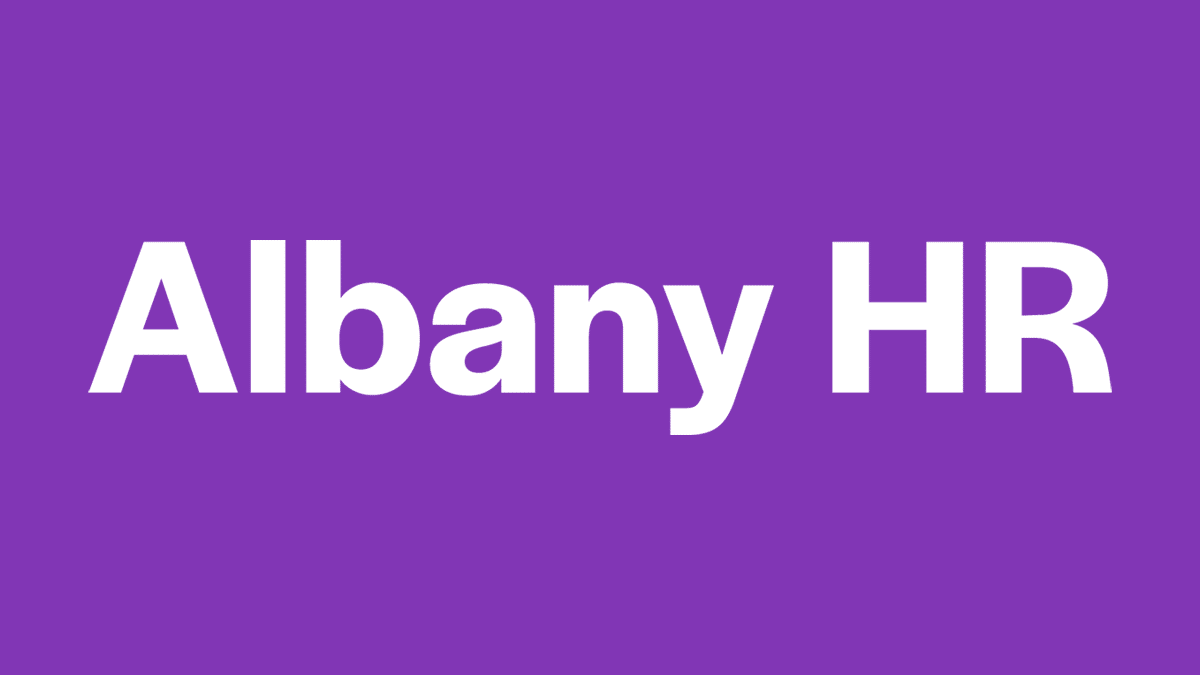Introduction
HR policies and procedures play a pivotal role in shaping a company’s culture, maintaining compliance, and ensuring fair and consistent treatment of employees. They are the foundation of any organisation’s HR framework. HR policies define the rules and guidelines that govern employee behaviour and expectations. In this blog post, we’ll explore the significance of HR policies, the main policies every company should have, and the importance of keeping them up to date. We’ll also discuss how these policies should align with a company’s culture and be easy for employees to use and navigate.
Why are they important?
- Consistency and Fairness: HR policies set the standards for consistent and fair treatment of employees across the organisation. When everyone knows what is expected, it fosters a sense of equity and trust.
- Legal Compliance: Keeping up with employment law, regulations, and industry standards can be daunting. HR policies serve as a compass, helping companies navigate the legal landscape.
- Employee Rights and Responsibilities: These policies outline the rights and responsibilities of both employees and employers. Creating a clear understanding of what is acceptable behaviour in the workplace.
- Conflict Resolution: Having policies in place can help resolve conflicts more effectively. Employees can refer to the guidelines to understand how disputes are handled, promoting a more harmonious work environment.
What HR Policies should your company have?
While the specific policies may vary depending on the size of your organisation and your industry, Albany HR recommend these fundamental HR policies as essential for almost every company:
- Equal Opportunities Policy: This policy ensures that all employees are treated fairly and equitably, regardless of their race, gender, age, religion, or other protected characteristics.
- Code of Conduct and Ethics: It defines expected behaviour, including honesty, integrity, and professionalism, and provides guidance on reporting unethical conduct.
- Disciplinary & Grievance Policies: Guidance on how to deal with employee relation issues, which can expedite resolution of conflict in an organisation.
- Absence Management and Family Friendly Policies: Clear guidelines on sick leave, holidays, parental leave, and other time-off entitlements are crucial for work-life balance.
- Performance Management Policies: Outlining the performance appraisal process, including goals, feedback, and consequences, helps employees understand how their performance is assessed.
- Harassment & Bullying Policy: These policies establish a zero-tolerance approach towards harassment and discrimination in any form.
- Data Protection Policy: A policy can ensure compliance with data protection laws and regulations, while also protecting the privacy of employees and clients.
The Importance of Keeping Policies Up to Date
HR policies are not set in stone. They should evolve to reflect changes in the business landscape, changes in employment law, and societal norms.
Reflecting Company Culture
HR policies should not only be legally sound but also reflect the company’s unique culture. For example, if your company prides itself on innovation and flexibility, your policies might allow for more flexible work arrangements. Conversely, if you have a more traditional kind of company, you may have more rigid policies that value the hierarchical structure, face-to-face interactions, and a focus on productivity.
Simplicity and Navigability
Lastly, HR policies should be written in clear, understandable language, and reflect your company’s style. Employees should be able to easily find and understand the policies they need to reference. Use language that is not overly legal or use acronyms that a new joiner may struggle with. Simplify language and use accessible formats, such as using an online portal, shared drive or provide handbooks, to enhance usability.
Conclusion
In conclusion, HR policies are not just a bureaucratic necessity; they are essential tools for fostering a positive work environment, ensuring legal compliance, and maintaining fairness and consistency in the workplace. Critical policies, such as those related to equal opportunity, data protection, code of conduct, and harassment prevention, should form the foundation of any HR policy framework. Regularly updating these policies to reflect changing laws and cultural shifts is equally crucial. By aligning policies with a company’s culture and ensuring they are simple to use and navigate, organisations can reap the benefits of a more engaged, and productive workforce.
As an outsourced HR consultant based in Edinburgh, and operating across the UK, Albany HR can support with:
- HR Policy Review
- HR Policy development
- HR Audit
- Employment Contract Templates
Please get in touch for a chat about how we can support you letstalk@albanyhr.com, 0131 364 4186.

